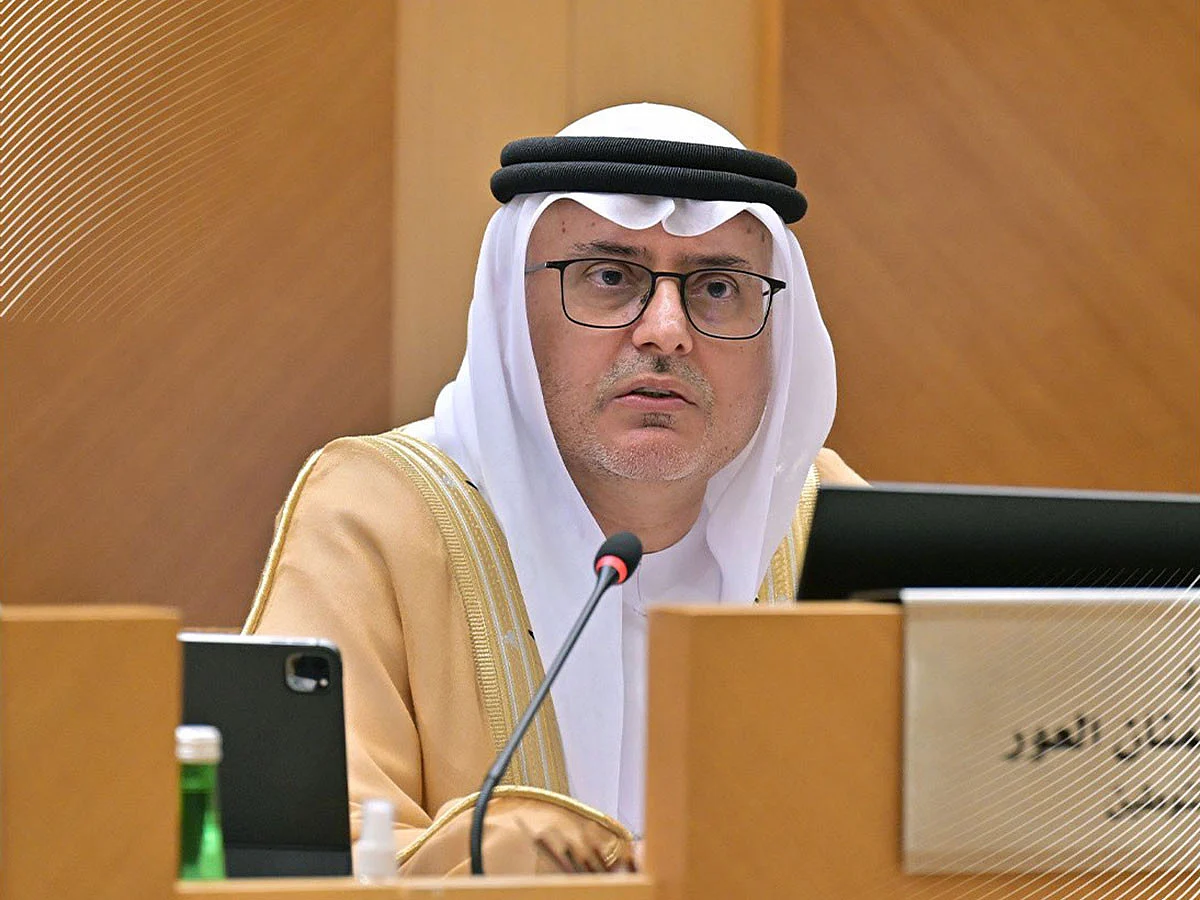Emirati women surpass male counterparts in UAE banking sector
Female citizens take the lead in terms of proportion of workforce

Abu Dhabi: Emirati women now account for 76% of UAE nationals working in the banking sector, a minister said on Wednesday.
Dr Abdulrahman bin Abdulmanan Al Awar, Minister of Human Resources and Emiratisation (MOHRE), was speaking during a Federal National Council (FNC) session in Abu Dhabi.
He responded to a parliamentary question from FNC member Sheikha Saeed Al Kaabi regarding the job roles of banking sector employees and their impact on employees’ quality of life. The minister stated that UAE nationals make up 38% of the workforce in the banking sector, with women accounting for 76% of that figure. The banking sector, he emphasised, serves as a successful model in the UAE, offering an attractive environment for learning and adapting to workplace dynamics.
Dr Al Awar also noted that 70% of those employed in flexible and part-time roles are UAE nationals.
Last year, 40,000 UAE nationals joined the private sector, bringing the total number of Emiratis in this sector to 131,000—a 275% increase compared to previous years.
Dr. Al Awar said these achievements underscore the pivotal role of the Emirati Talent Competitiveness Council (Nafis). He added that Nafis has significantly contributed to this success by providing financial support, pioneering training and qualification programmes, and establishing strategic partnerships with private sector companies.
These initiatives have bolstered Emiratisation efforts, both in terms of increasing the number of Emiratis employed in the private sector and expanding the number of companies employing UAE nationals—currently over 21,000 private firms.
Dr Al Awar also clarified that fake Emiratisation practices are not a widespread issue and that the legal framework effectively addresses such violations.
Dr Al Awar, who is also Acting Minister of Higher Education and Scientific Research, revealed an increase in the enrolment of Emirati males in higher education following the completion of national service.
During the FNC session, the minister responded to a parliamentary question posed by Hashima Al Afari, a council member, regarding the enrolment of male youth in higher education after graduating from high school.
Question on cybersecurity
In response to a question about the rise in cybercrimes and cyberattacks targeting strategic government and private sectors amidst artificial intelligence advancements and digital transformation in the judicial field, and how the Ministry of Justice ensures that judicial training programmes are designed to address these challenges, Abdullah bin Sultan bin Awad Al Nuaimi, Minister of Justice, stated: “We have a dedicated programme for training in cybersecurity fields. Today, opportunities are available for law graduates and those enrolled in the institute to join judicial training programs in both Arabic and English.”
He added: “A modern legal framework has been developed, with the UAE government launching a project to enhance the judicial system. This includes evaluating training infrastructure, assessing training programmes, and collaborating with academic and technological institutions to develop training programmes aligned with modern technologies, combining in-person and virtual training methods.”
The minister continued: “One of the requirements for registration at the Judicial Training Institute for legal practice courses and inclusion in the lawyers’ registry is holding a Bachelor’s degree in Sharia and Law. Many applicants for these courses are rejected, including those holding a Bachelor’s degree in Islamic Sharia. However, many of them have the desire and competence to participate in specialised courses, which supports the wise leadership’s vision for sustainability, empowering human resources, and promoting justice in the UAE.”
Sign up for the Daily Briefing
Get the latest news and updates straight to your inbox
Network Links
GN StoreDownload our app
© Al Nisr Publishing LLC 2025. All rights reserved.